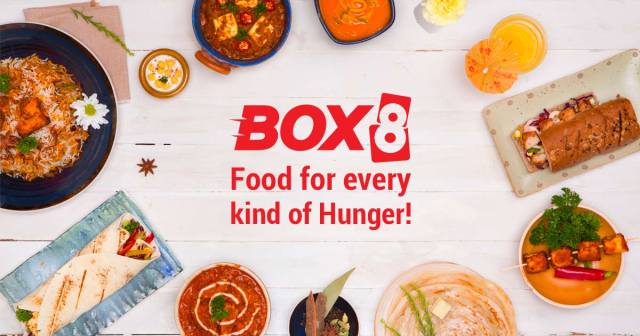Animal-free meat and dairy alternatives have been on quite a roll this week. First Beyond Meat announced it would be in all locations of Del Taco. Two days later, Impossible shot back with the news that its plant-based meat would be available at all Qdobas nationwide.
Now several more national chains are embracing plant-based alternatives with open arms. JUST Inc. (formerly Hampton Creek) announced that its vegan JUST Egg product will be available at the restaurant chain Silver Diner and the upmarket burger chain Bareburger, both of which are chiefly in the Mid-Atlantic area.
JUST Egg is available on two Bareburger menu items. In the “Wake-Up Call,” an eggless patty is served with a Beyond Meat quarter pounder, cheese, and mayo, while the “Get On Up” is essentially a breakfast burrito. The JUST menu items will be available at all 34 U.S. Bareburger locations by the end of May. The diner chain Silver Diner will offer a “JUST Egg Benedict” starting today all 15 of its locations.
JUST Egg is already available at a number of grocery stores and restaurants, including the vegan chain Veggie Grill. They’ve been edging into more sales channels in the U.S. and internationally, though so far it seems they’ve been targeting retailers. These two partnerships show that the company is also laser-focused on getting JUST into as many restaurant menus — and onto as many flexitarian plates — as possible.

Blaze Pizza with its new vegan chorizo.
It might not have a buzzed-about startup name attached to it, but this week fast-casual pizza chain Blaze also rolled out new plant-based options on its menus. The national chain, which has over 300 locations, now offers a vegan spicy chorizo developed in-house by Blaze’s executive chef. While the restaurant has meat and dairy on its menus, its dough is vegan and customers can opt for Daiya plant-based cheese.
The vegan chorizo is available at no extra cost. This is pretty rare: most plant-based alternatives come with an upcharge of at least a few bucks, which is a barrier to capturing the flexitarian market. Though thanks to economies of scale, growing meat alternative companies like Beyond and Impossible will hopefully able to reach price parity with meat pretty soon.
Fast-food and fast-casual restaurants are becoming quite the innovation space for plant-based alternatives. In addition to all the above news, Burger King recently announced a pilot program to make Impossible Whoppers in the St. Louis area. Impossible’s “bleeding” burgers are also at White Castles and Red Robins, and Beyond Meat is available at Carl’s Jr. and the Canadian A&W chain.
Restaurant chains would be dumb not to put meat and dairy alternatives on their menus. According to the NPD Group, demand for plant-based protein in foodservice grew by 20 percent in 2018. And I don’t see that trend slowing down anytime soon. Down the road, I’m betting it will be unheard of for a fast-casual or QSR restaurant to not have plant-based burgers, scrambled eggs, etc. In fact, it might not be that far from now.





 Box8 raises $15 million in India’s red hot cloud kitchen market
Box8 raises $15 million in India’s red hot cloud kitchen market

















